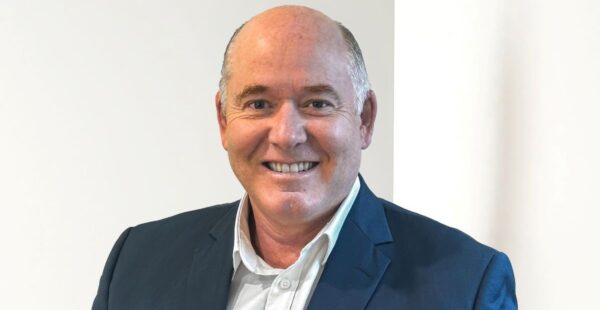Be prepared for a steep rise in greenwashing fines: Zenith

A leading ESG analyst has sounded a warning to those engaging – whether actively or unwittingly – in ‘greenwashing’ practices, with a record in civil penalties levelled at the investment and super sectors since 2022.
Successful civil action against investment firms, including super funds, that have made unsubstantiated environment, social and governance (ESG) claims should, according to Zenith, “serve as a universal warning” for those still engaging in the practice.
Since 2022, the funds management industry has borne around $11.4 million in penalties for falsified ESG claims.
Zenith cited the recently concluded civil action against Active Super, a $13.5 billion fund, with the Federal Court finding the super fund had made “various misleading representations” concerning its ESG credentials over a more than two-year period.
Among Active Super’s claims were that it had eliminated a number of high-ESG risk investments, including gambling, coal mining and oil tar sands, and had divested itself from Russian investments following the invasion of Ukraine.
The Federal Court, however, found that the super fund continued to invest indirectly in these assets through a pooled fund managed by a third party, despite stating to its members in an “unequivocal” fashion that there was ‘No way’ it would invest in such “high ESG risk” categories.
“The Active Super case puts fund managers on notice that they can’t rely on technicalities and evidence to support reasonable grounds. They must also consider how the information will be understood by a reasonable person,” says Zenith Investment Partners head of responsible investment and sustainability, Dugald Higgins.
Zenith warned that while regulatory guidelines can provide direction in funds managers’ ESG claims, the courts are adapting their rulings based on recent precedent that emphasises more on what the public expects rather than rigid rules or strictures.
“The courts have clearly signalled they have little patience for a rigid or technical interpretation of language, Higgins said.
“A new term, ‘greenruling’, is coming into play, where too much reliance is placed on rules and technicalities in disclosures, not what a realistic explanation should be.”
He added: “It is vital for issuers to cautiously tread the line between what is considered reasonable grounds and how a reasonable individual would interpret any claims. This is not in conflict with ASIC’s guidelines, which focus more on emphasising that claims must be founded on reasonable grounds.”
A simple test for greenwashing
For Zenith, the Active Super case serves as a critical learning opportunity for the investment industry.
Following the case, Higgins has developed a six-question test for fund managers to test for greenwashing.
- Is the claim transparent, accurate and clear to ensure an informed choice?
- Is there current, credible evidence to support any claim?
- Does it tell the entirety of the story without obscuring the other parts of the overall impact?
- Is the claim unconditional, or does it contain partially correct or incorrect aspects, or are there conditions that apply? If there are caveats, are they transparent?
- If product comparisons are used, is the basis for the comparisons fair, accurate and clear?
- Finally, are the claims simple enough to be understood and assessed by consumers?
“Clearly, in light of recent events, it’s the question of simplicity that’s easy to misjudge. We all recognise that claims must be supported by reasonable grounds, and reasonable grounds must be supported by evidence.
However, we also need to recognise that while evidence is part of the solution, it must not be at the expense of understanding,” Higgins said.











So someone in India who isn't licensed provided personalised financial advice and ASIC's response is to tell them to be…
Seeking Regulatory relief from Regulation. Industry Super Funds want to control $1.6 Trillion $$$ and ever growing with almost zero…
If Kalkine has officially been released and operates under a legitimate license to provide general advice, it raises an important…
Not sure what they're seeking regulatory relief from. In my view is they get tickled with a warm lettuce leaf…
Will they ever be named & shamed, fined and banned for life ??? Unlikely hey ASIC & APRA, especially for…